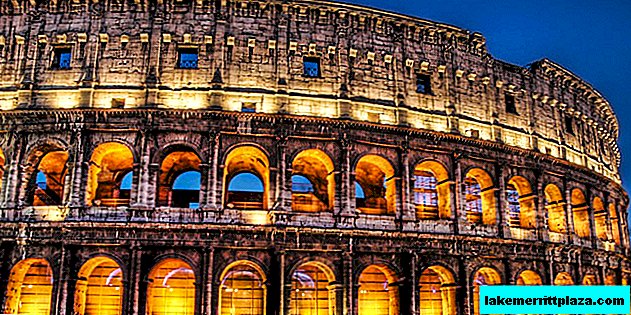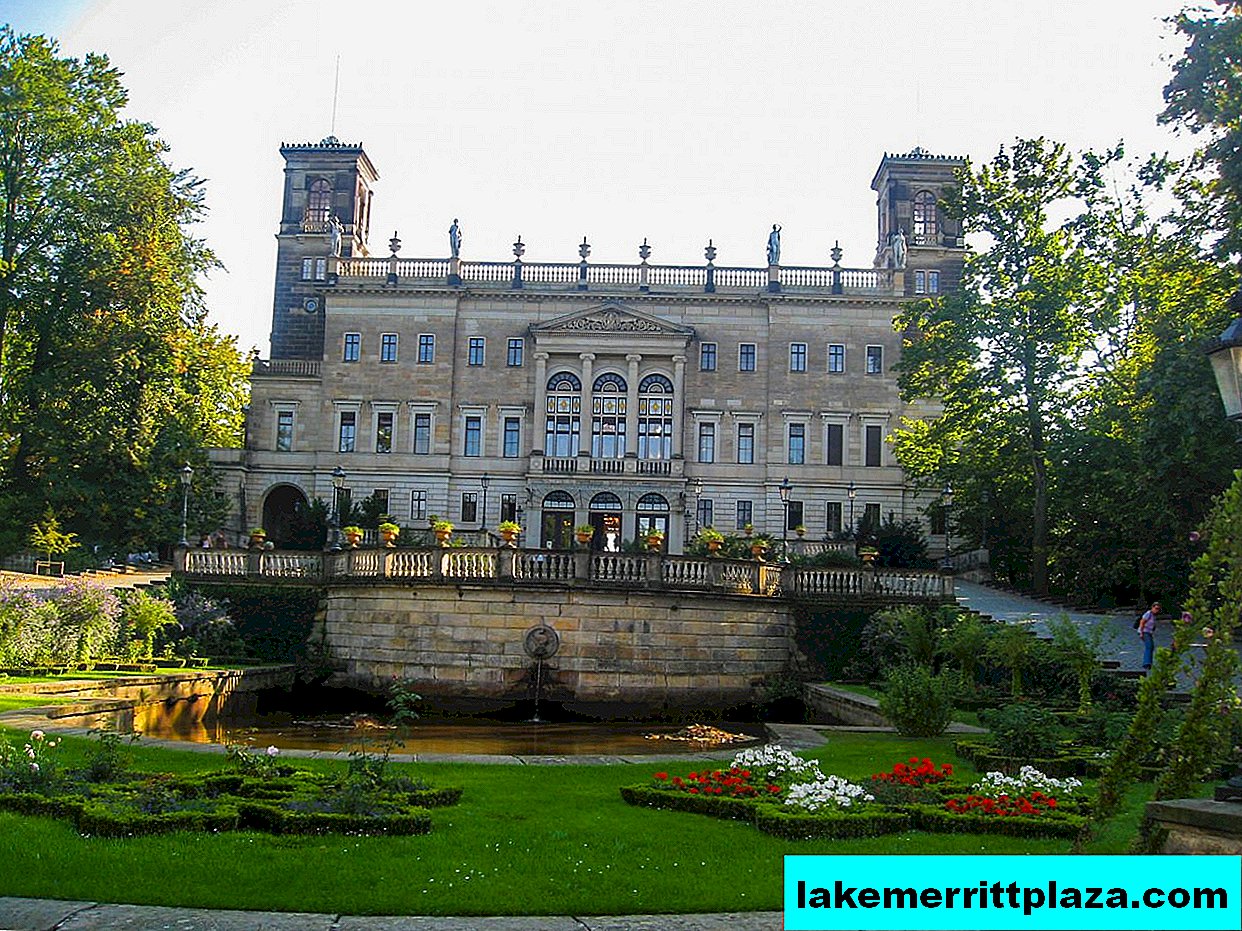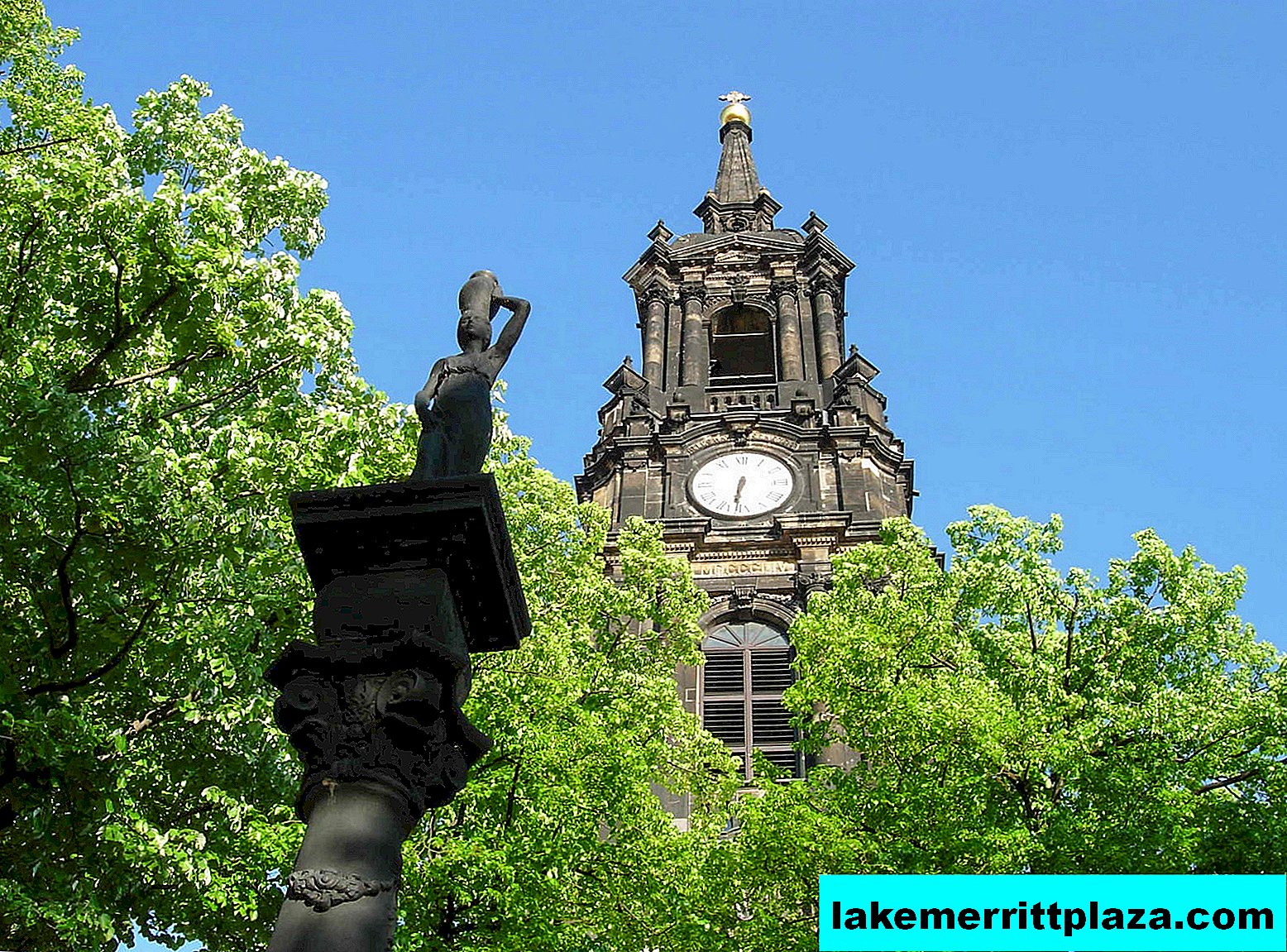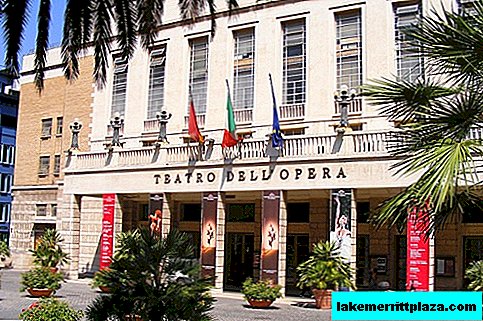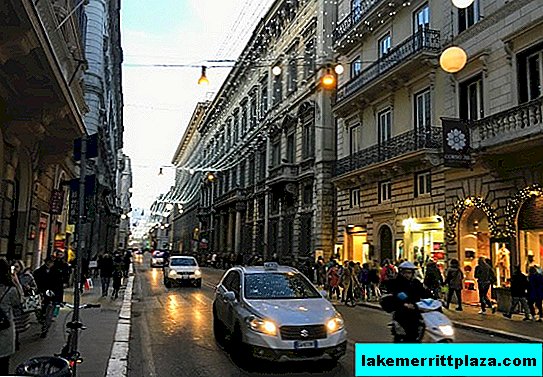Summer in Italy is magnificent, and therefore it is not at all surprising that when traveling around the country in July, you may feel as if all the tourists of the planet have flocked here. Even despite the traditionally high prices and temperatures.
Weather in Italy in July
The weather in Italy in July has its own characteristics. As a rule, July is the hottest month of the year in the Northern regions of Italy. Moreover, this does not mean at all that the North will be hotter than the South. With this, everything is in order - moving from Venice towards Sicily, you will surely feel the rise of the thermometer column. But already in August, the degrees in the North will begin to fall slightly, while the Italian south will still continue to be in the zone of maximum temperatures.
The beaches in Italy begin to be actively filled already in June (and sometimes in May), reaching their peak on particularly sultry July weekends. The Italians are trying to escape from the hot and touristy cities closer to the sea - to no less crowded beaches. Therefore, get ready to compete for a place in the sun - in the truest sense of the word - not only with visitors, but also with Italians.
With increasing degrees on the thermometer, humidity also begins to feel more and more, making the heat simply unbearable, especially if you are traveling in the interior of the country. Take note that although most hotels in Italy are already equipped with air conditioning, the latter are still more likely to be luxury than standard in a budget housing format. In other words, this is a good reason to check if there is air conditioning in your hotel or hostel before starting the trip, so that you do not get caught by the weather by surprise.
Temperature in Italy in July:
Temperature in Rome: + 25-30С
Temperature in Venice: + 23-30С
Temperature in Naples: + 25-33С
Events in Italy in July
Although there are no national holidays on the Italian calendar in July, a number of local festivals deserve to be mentioned separately. The most interesting and spectacular of them - the Palio in Siena - is the traditional horse racing that takes place in the city annually on July 2 and August 16. In addition to the event itself, including a race of 10 horses around Piazza del Campo, it makes sense to see an impressive ritual Corteo Storicopreceding the jumps.

- The Siena Palio is held annually on July 2
July in Italy is full of other events, including the Verona Opera Festival, St. Rosalia's Day in Palermo and several others. The program of local events is so rich that no matter what part of Italy you travel to, it makes sense to pay attention to posters everywhere so as not to miss something especially interesting.
Summary
A visit to Italy in July is a matter that should be approached carefully. Crowds of tourists may not be annoying on their own, but they will definitely affect the time you wait in line at all the most important historical and cultural sites. As a result, many of them will have to defend a long line on the street, which is very uncomfortable given the high July temperatures. In addition, you need to be aware of the cost of such a trip, which in July (and August) will cost much more than in other months of the year.
Nevertheless, July in Italy has its advantages, especially if your trip involves a beach holiday. This is a good time to sunbathe and swim, and a rich program of local entertainment is unlikely to let you get bored.
Photo by Pedro Prats


